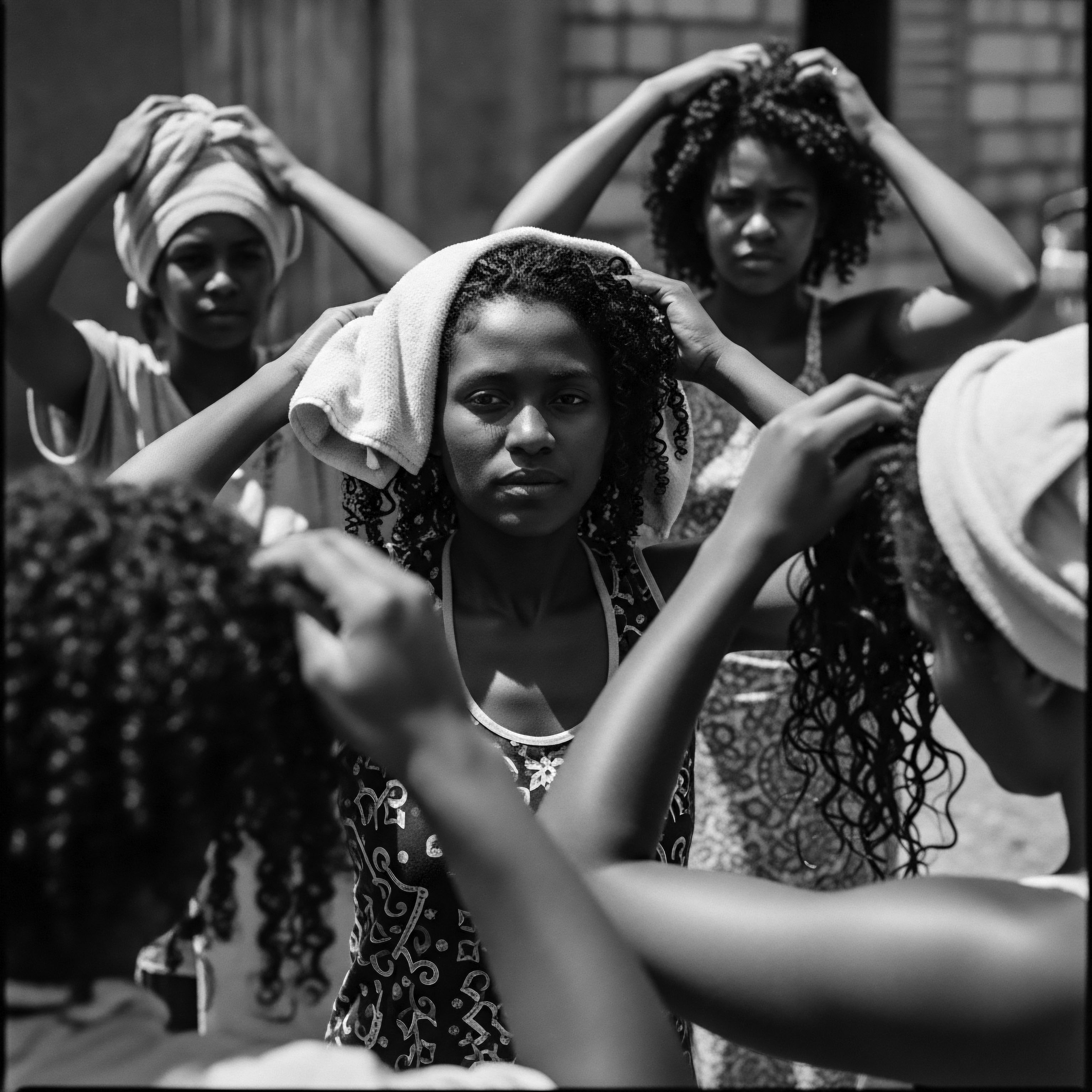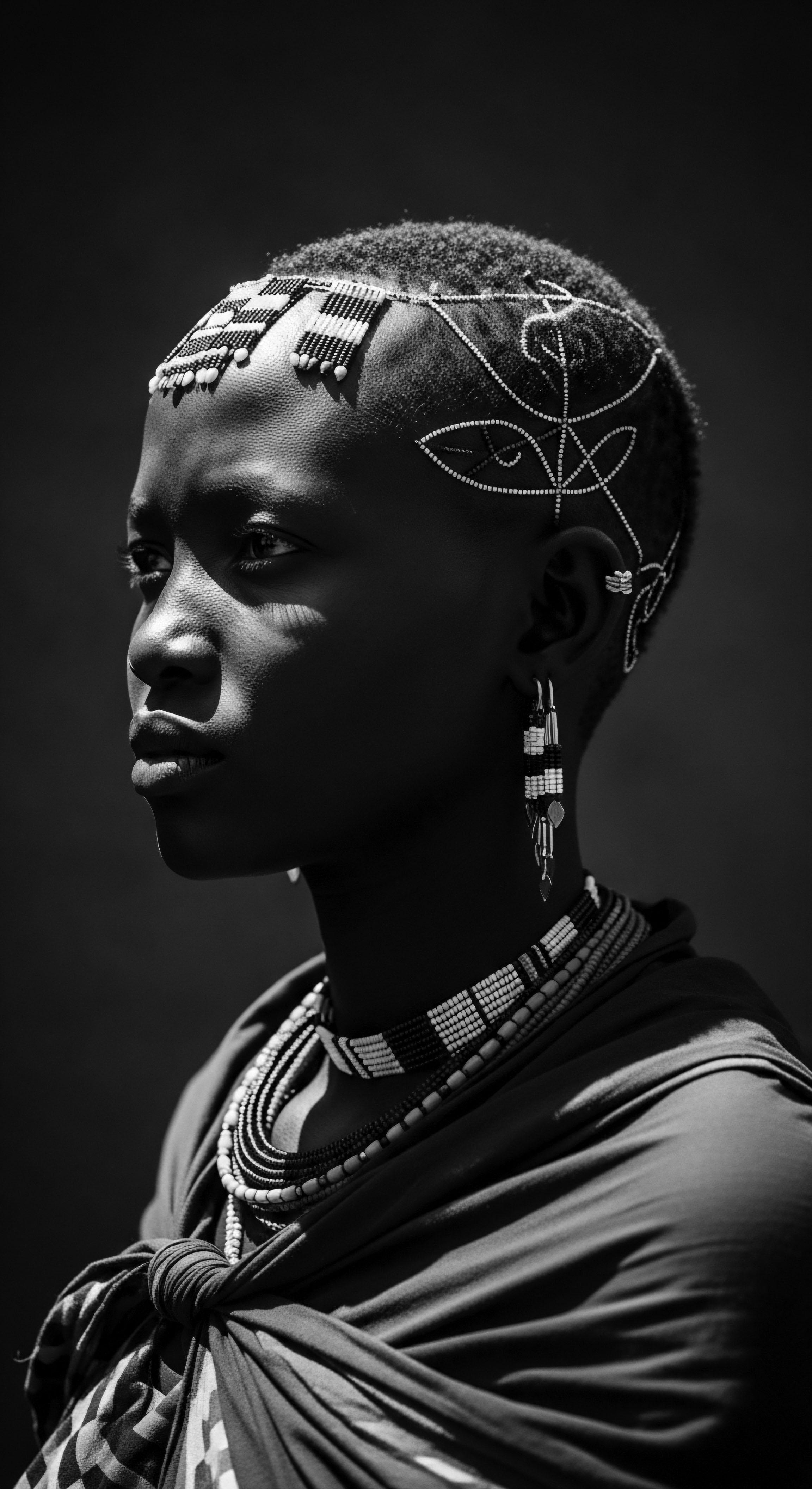
Can Modern Science Validate Ancestral African Hair Care Practices for Strength?
Modern science confirms ancestral African hair care practices, particularly those emphasizing moisture and protection, enhance textured hair strength and health.
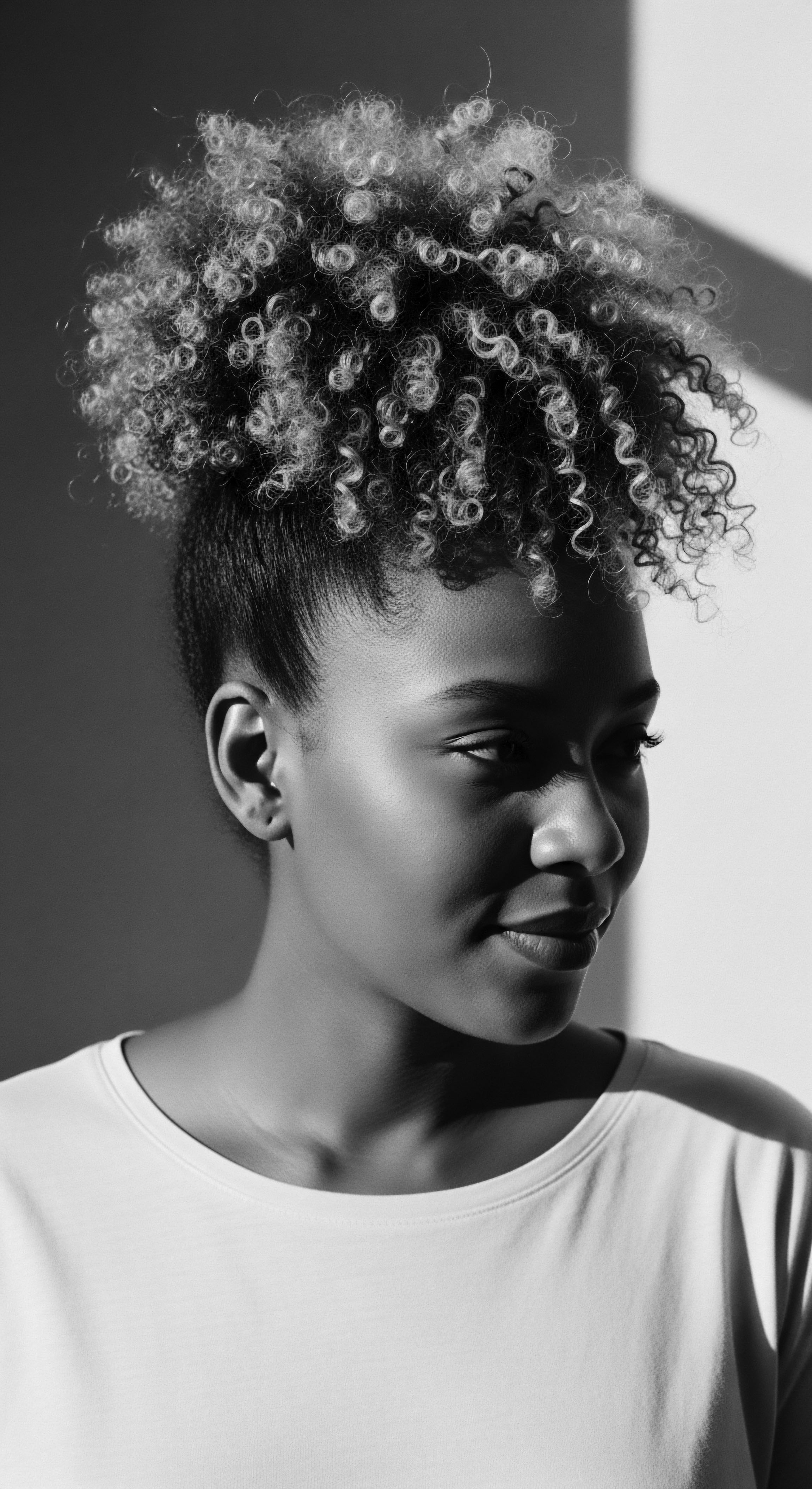
How Did African Food Heritage Strengthen Textured Hair through History?
African food heritage strengthened textured hair through nutrient-dense diets and topical applications, rooted in ancestral wisdom.
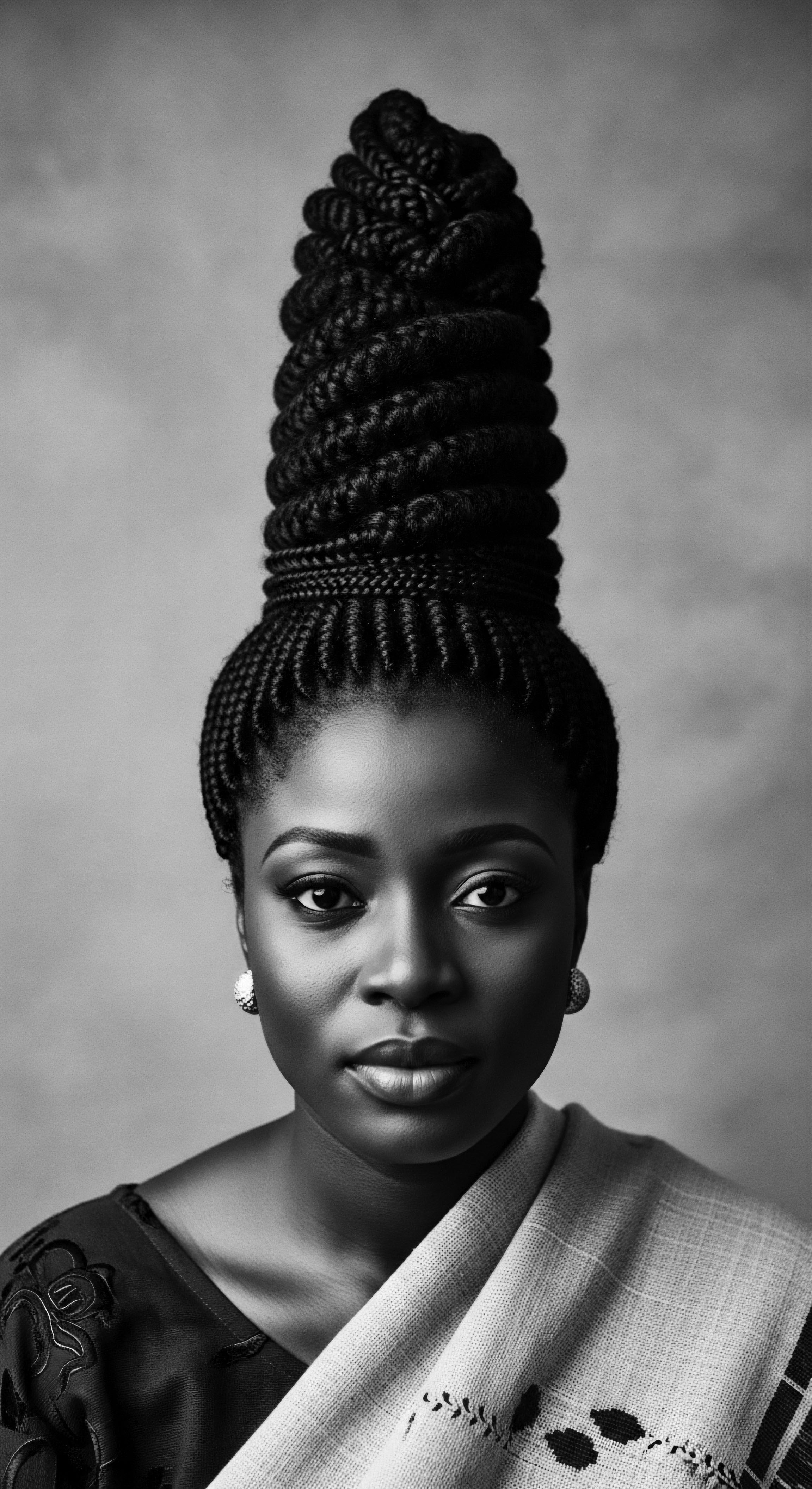
Which Plants Cleansed Textured Hair?
Ancestral wisdom reveals diverse plants like saponin-rich acacia and mucilaginous okra traditionally cleansed textured hair, honoring its heritage.
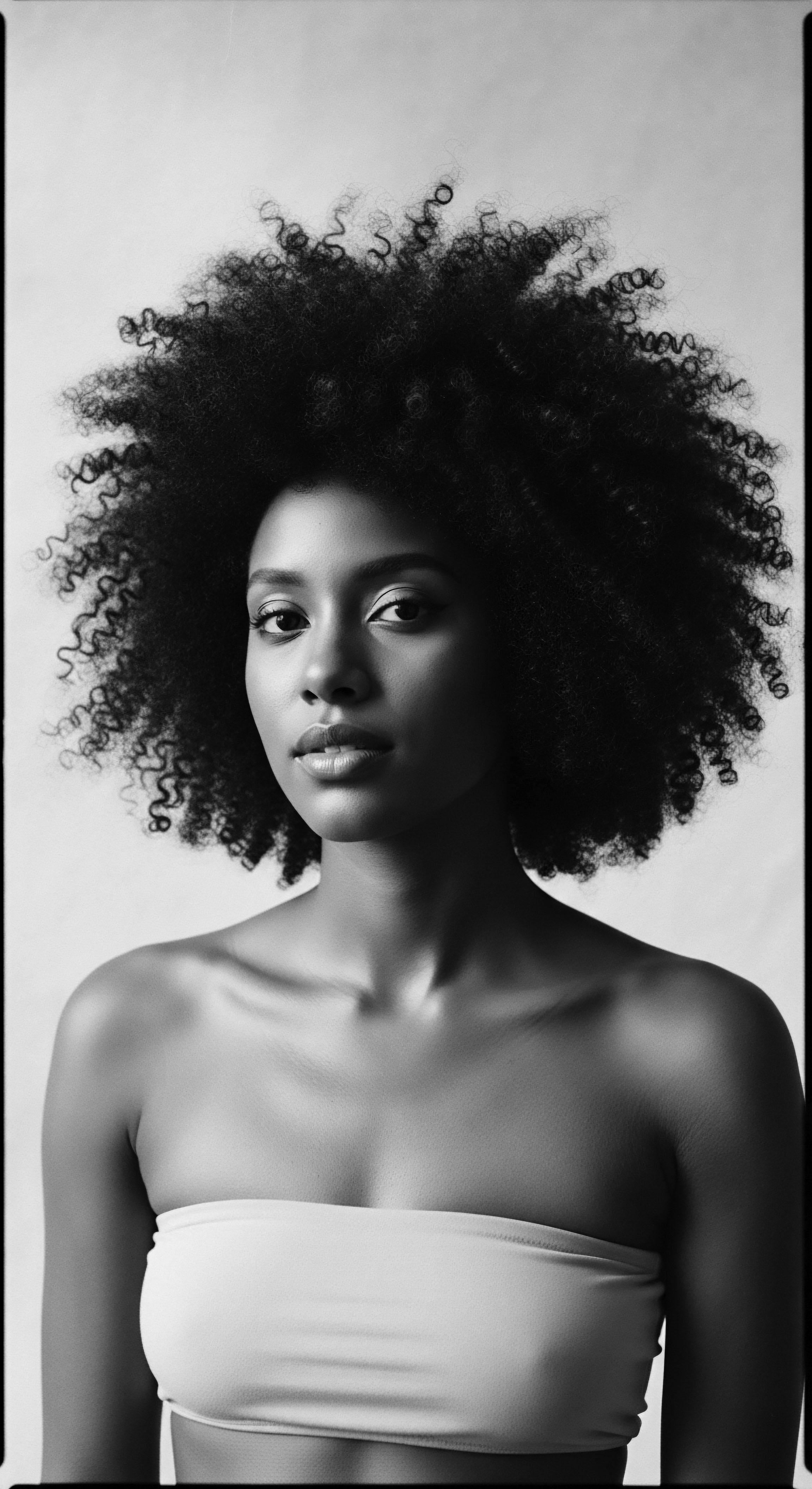
Can Science Explain the Cultural Wisdom of Textured Hair Care?
Science validates the cultural wisdom of textured hair care by demonstrating how ancestral practices intuitively addressed hair's unique biological needs and heritage.
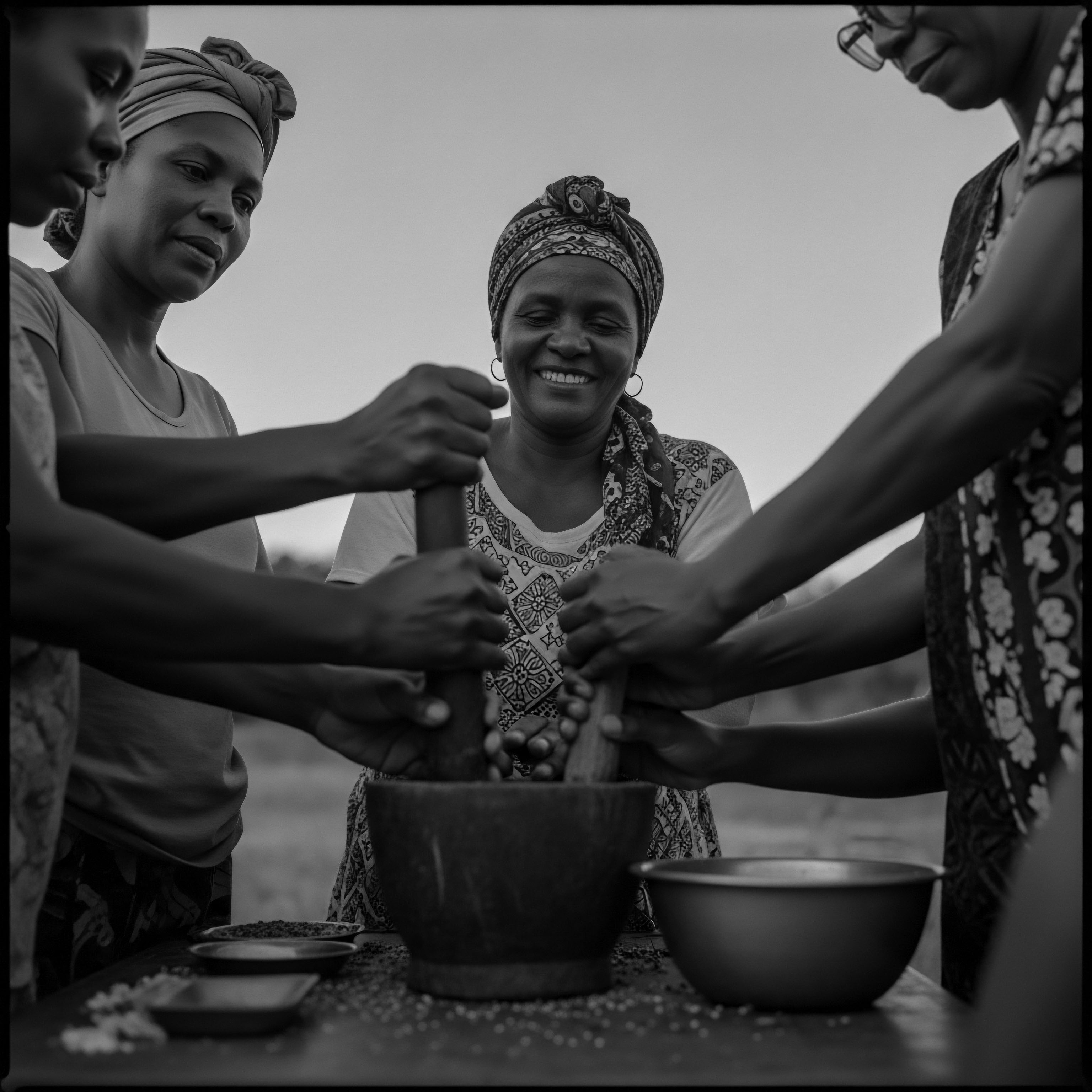
Can Modern Science Confirm Ancient Textured Hair Remedies?
Modern science frequently validates the wisdom of ancient textured hair remedies, confirming their benefits through chemical and biomechanical analyses.
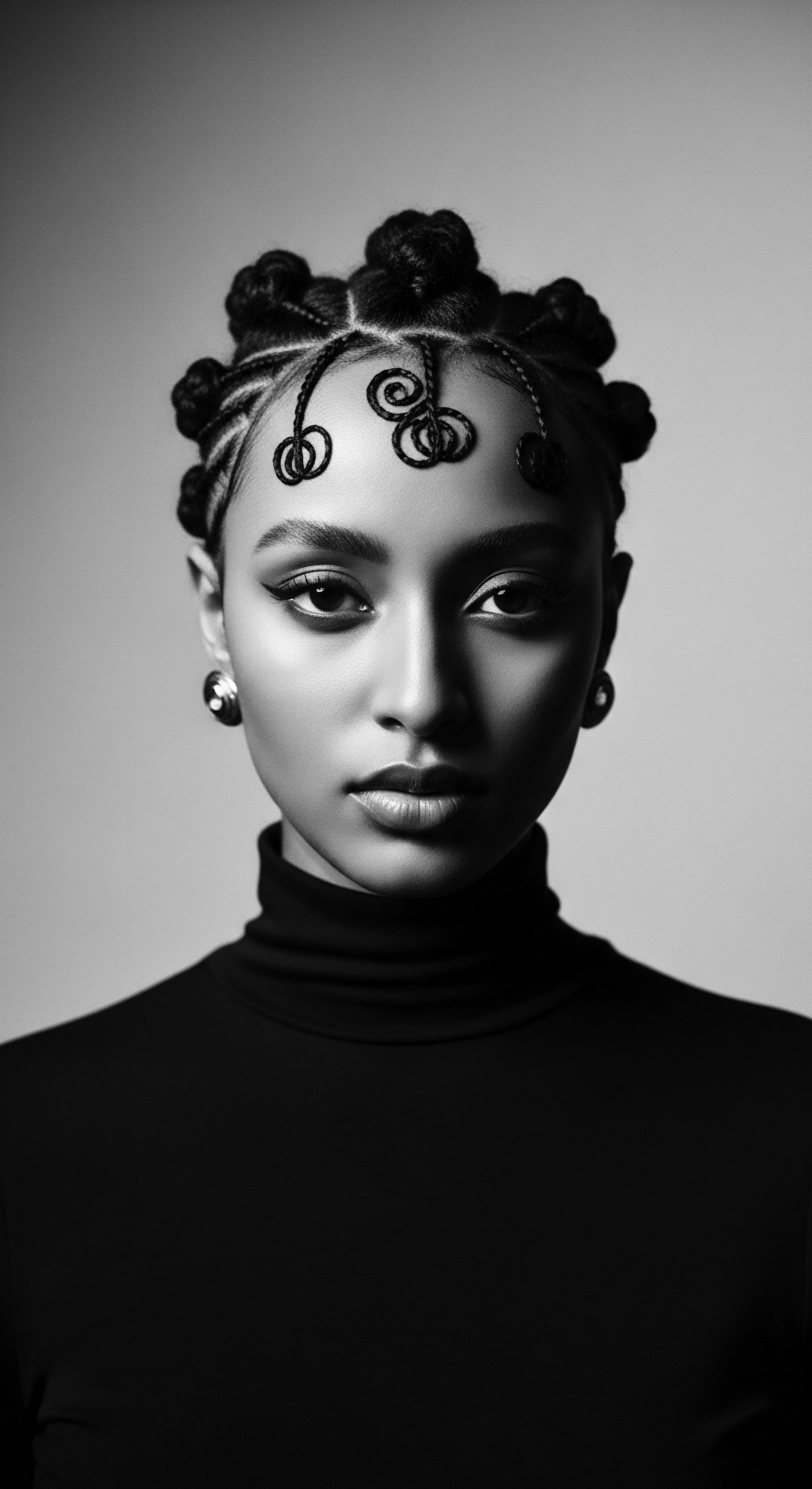
Can Rhassoul Clay Enhance Textured Hair Resilience?
Rhassoul clay enhances textured hair resilience by drawing on its mineral-rich heritage to gently cleanse and strengthen strands.
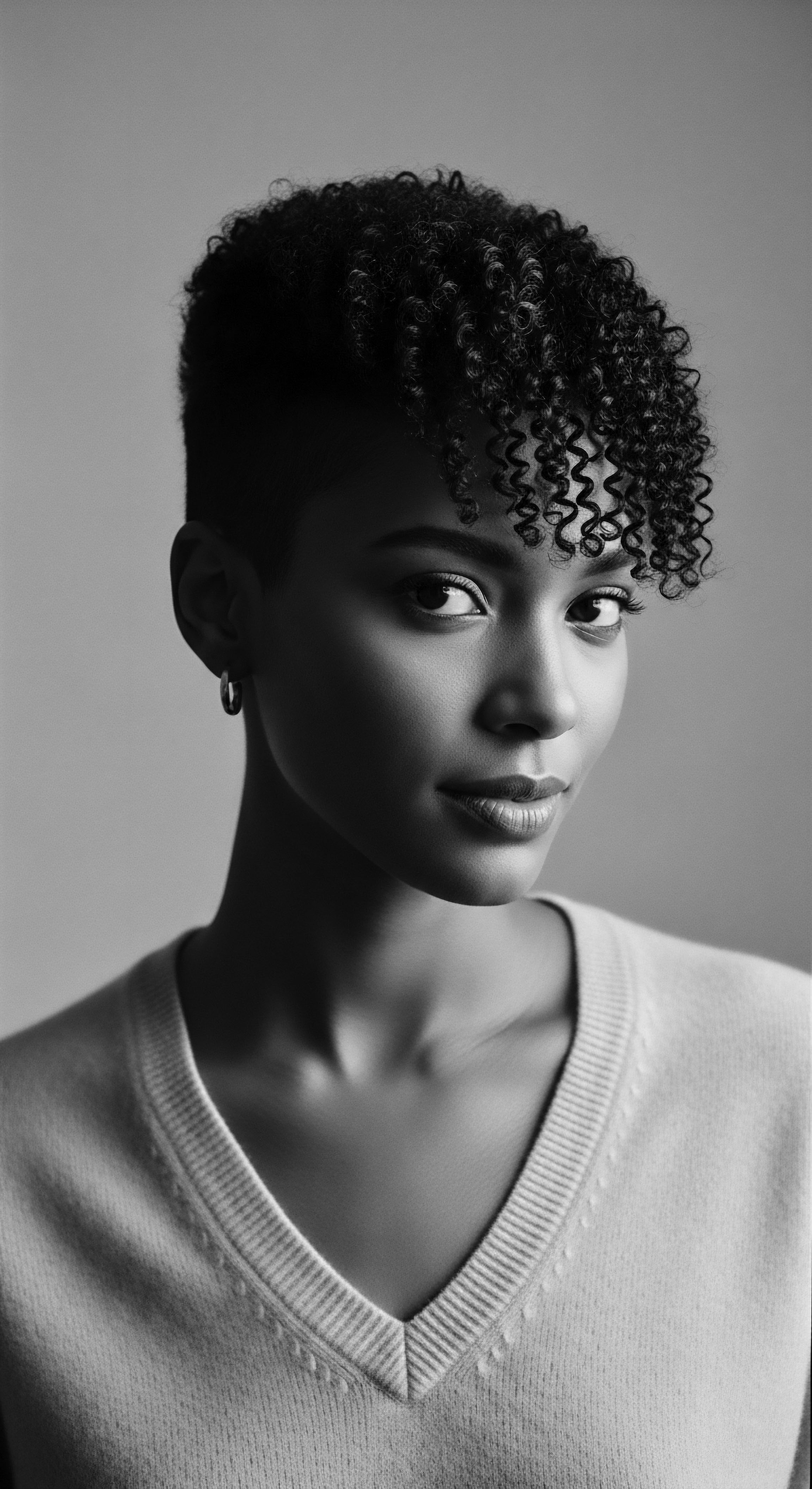
In What Ways Do Rhassoul Clay’s Ancestral Adaptations Remain Relevant for Textured Hair Heritage Today?
Rhassoul clay's ancestral adaptations remain relevant for textured hair heritage today by offering gentle, mineral-rich cleansing that honors natural moisture and cultural identity.
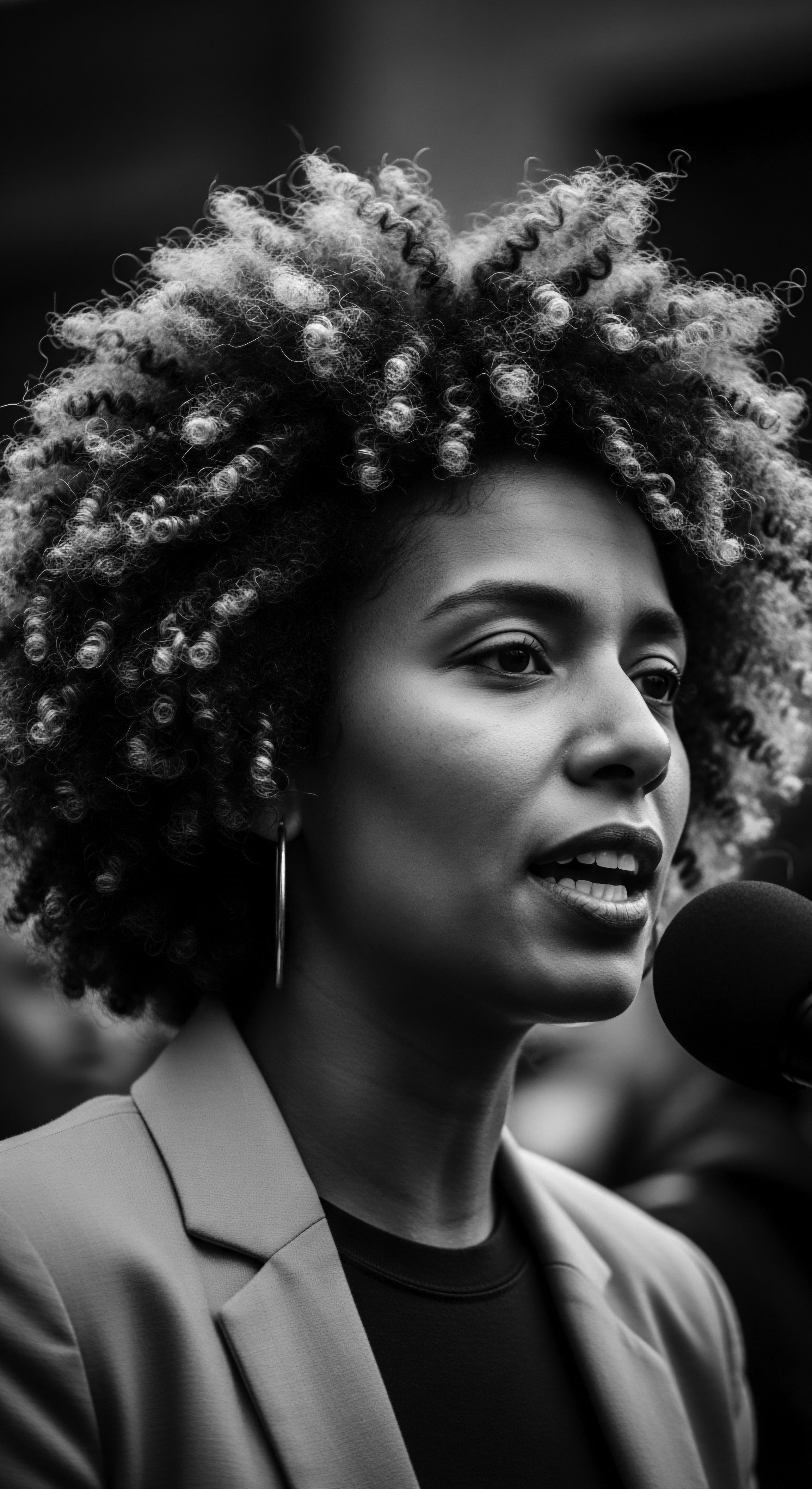
Can African Black Soap Help with Scalp Balance for Textured Hair?
African Black Soap, a staple of West African heritage, can support scalp equilibrium for textured hair by cleansing deeply with natural antimicrobials while nourishing with traditional oils.
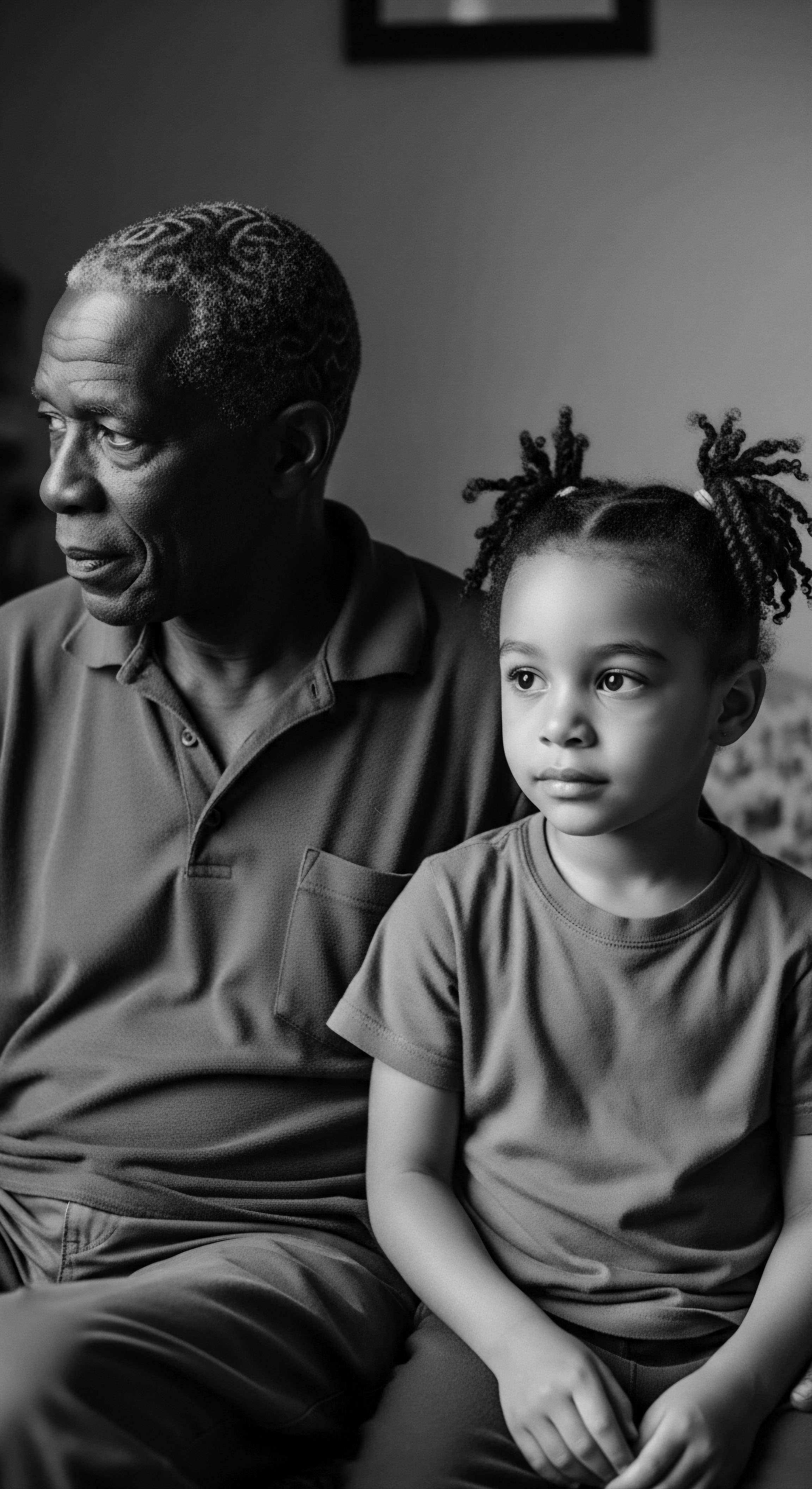
Can Historical Hair Care Traditions Teach Us about Textured Hair Health Today?
Historical hair care practices offer crucial insights into textured hair health by revealing a deep, intuitive science rooted in ancestral heritage.
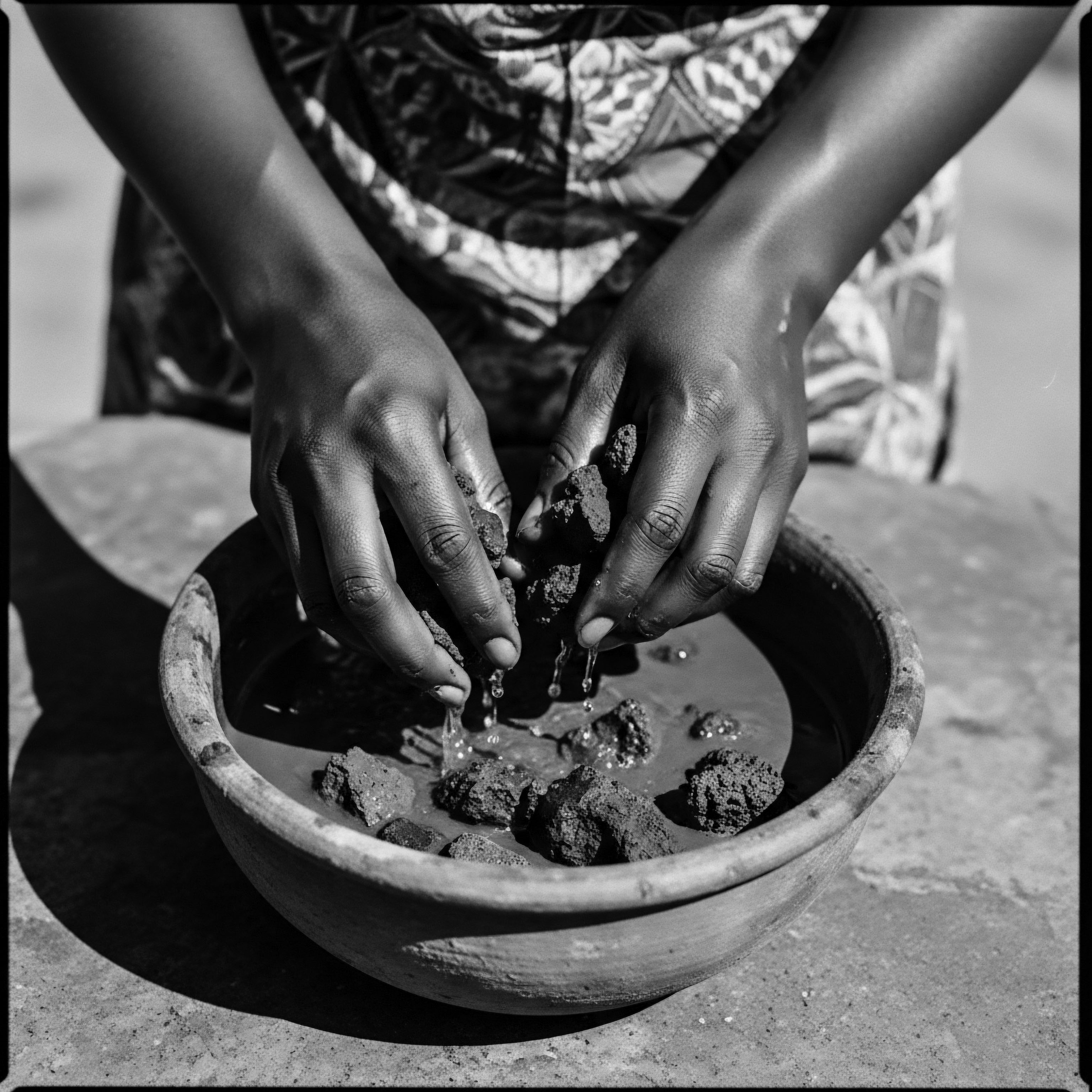
What Historical Plant Cleansers Benefited Textured Hair?
Historical plant cleansers for textured hair include soapnuts, shikakai, rhassoul clay, and yucca, valued for gentle, effective cleansing rooted in ancestral wisdom.
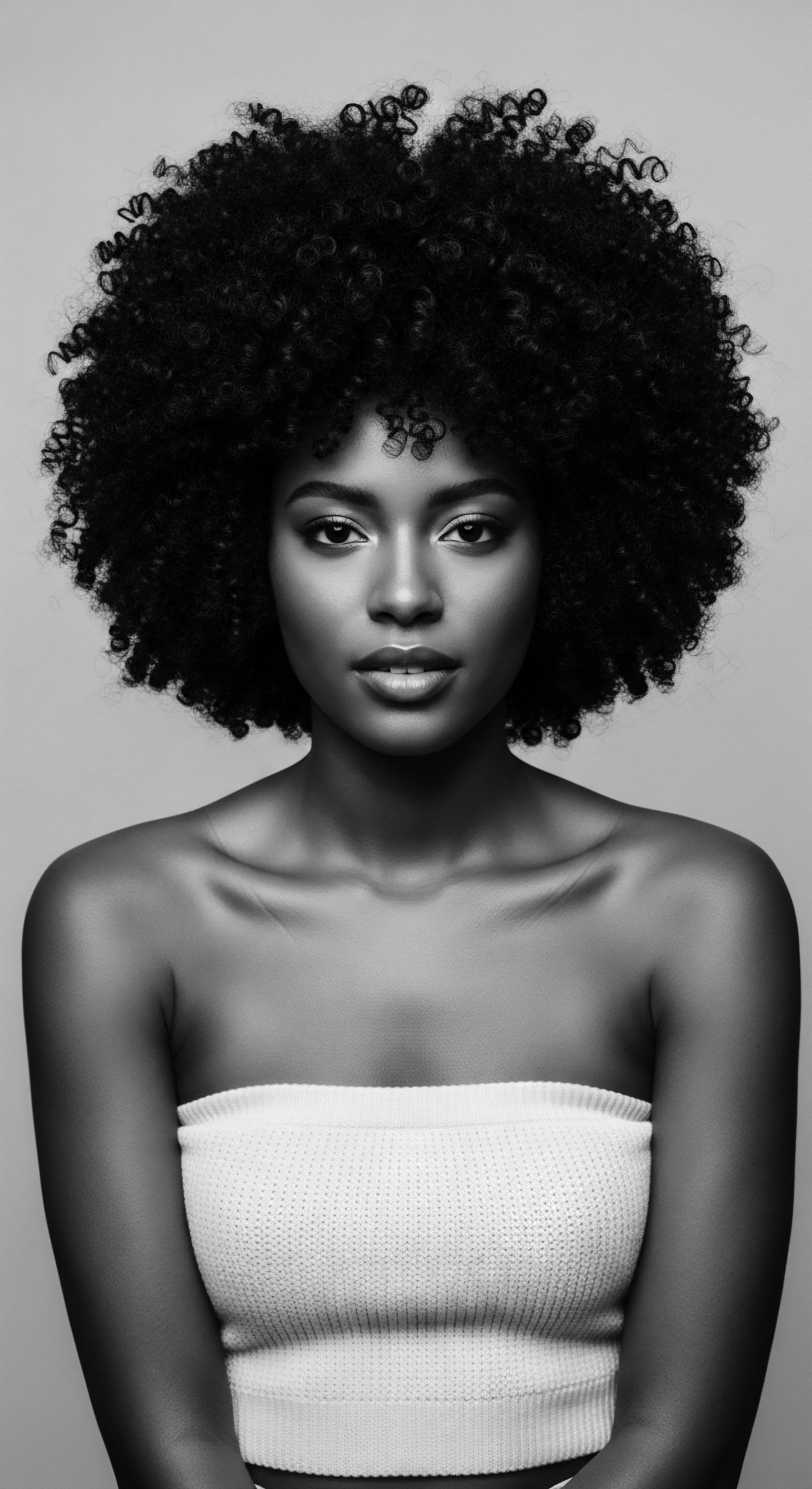
How Do Traditional Practices Enhance Hair Moisture for Textured Coils?
Traditional practices enhance coiled hair moisture by sealing the cuticle and protecting strands, a heritage of precise care.

What Traditional Practices Influenced Modern Textured Hair Care Routines?
Traditional practices rooted in African heritage centered on moisture, protection, and communal care, fundamentally shaping modern textured hair routines.
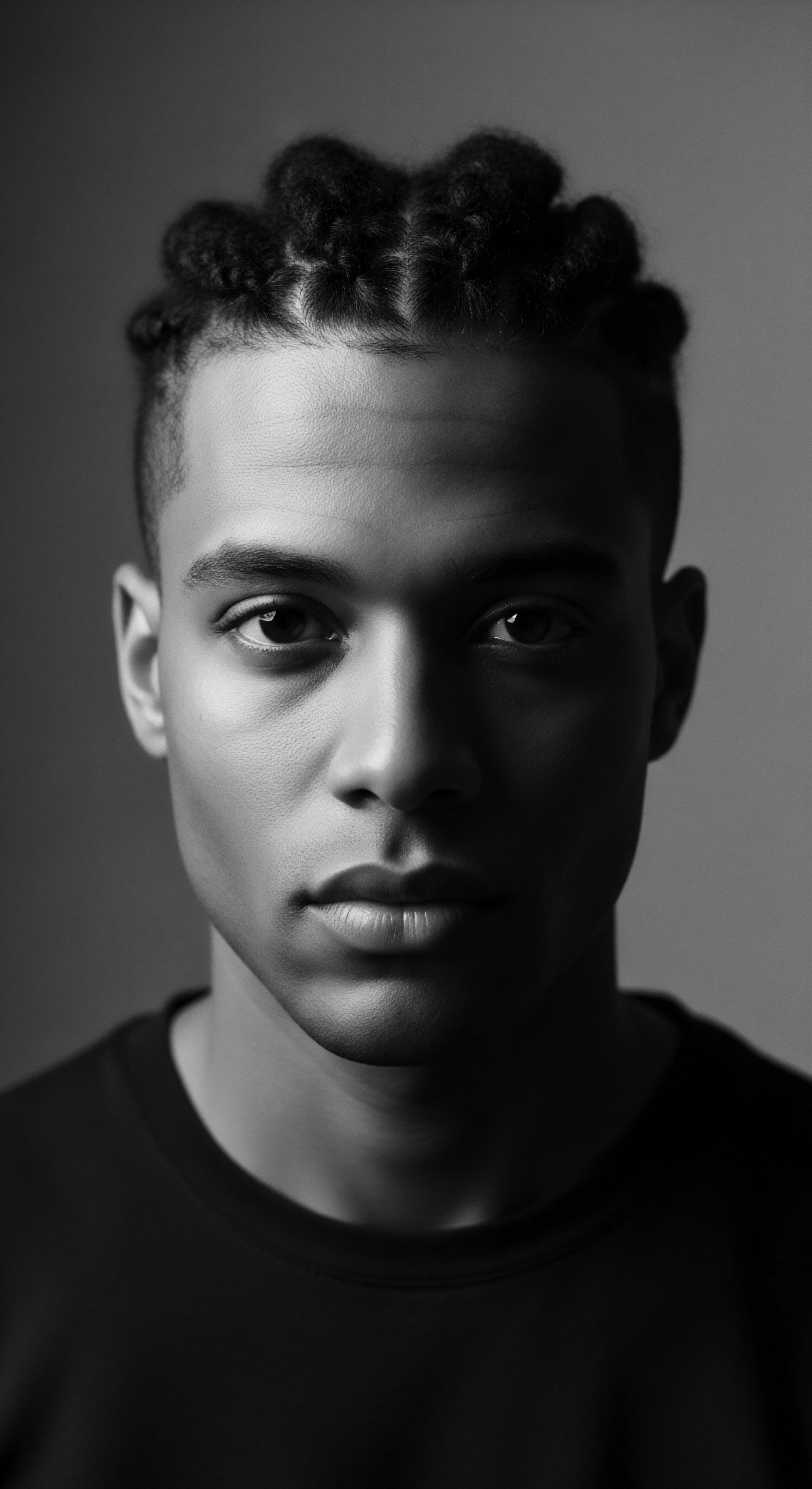
How Does Clay’s Mineral Composition Cleanse Textured Hair?
Clay's minerals draw impurities from textured hair, honoring ancestral wisdom for gentle, effective cleansing.
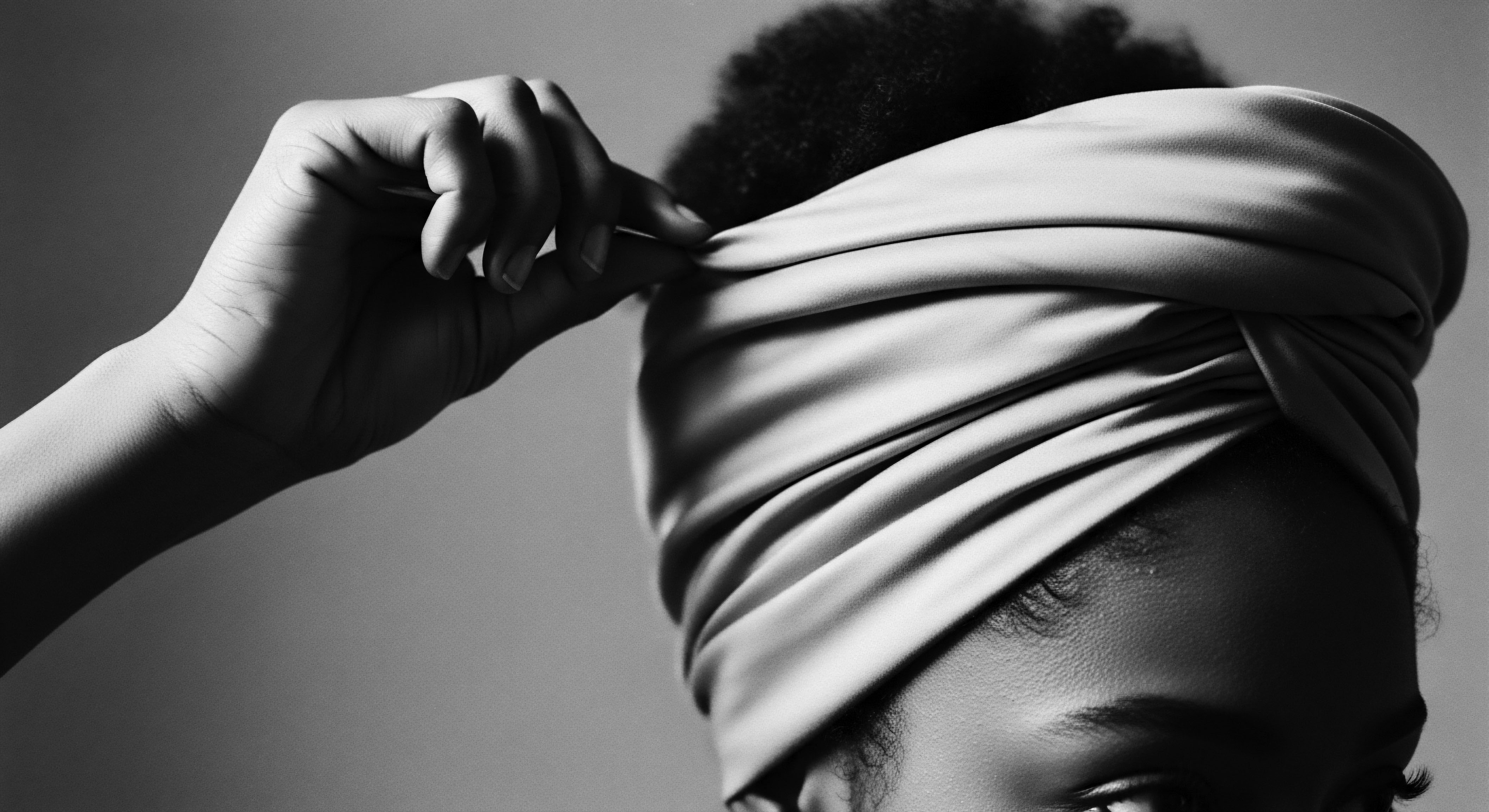
What Ancestral Methods Fortified Textured Hair’s Biological Health?
Ancestral methods fortified textured hair's biological health through nutrient-rich diets, protective styling, and natural botanical applications, all rooted in community heritage.
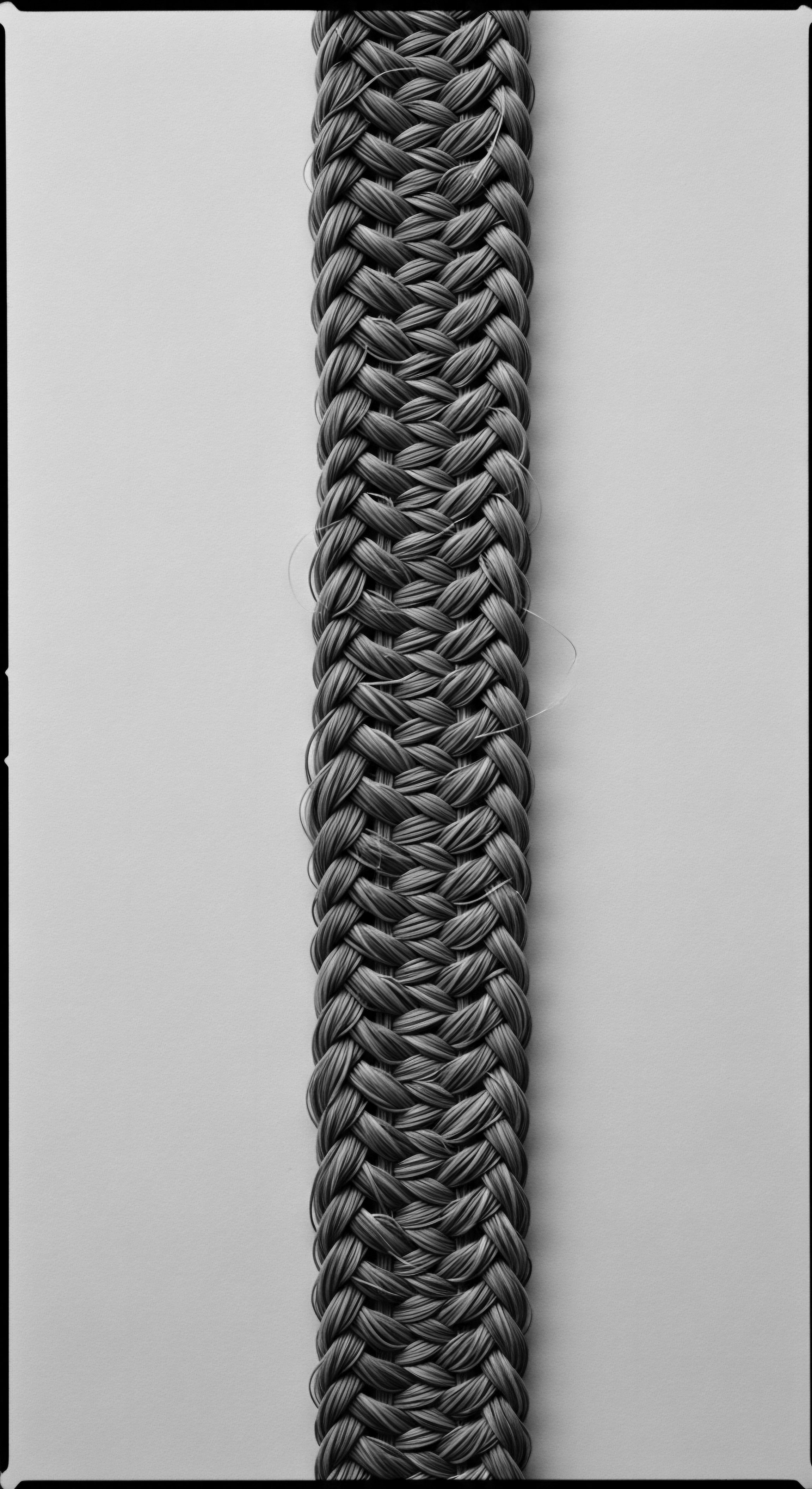
In What Ways Did Traditional Acidic Rinses Safeguard Textured Hair Heritage?
Traditional acidic rinses shielded textured hair by smoothing the cuticle, locking in moisture, and aiding detangling, thus preserving its heritage and structural integrity.

